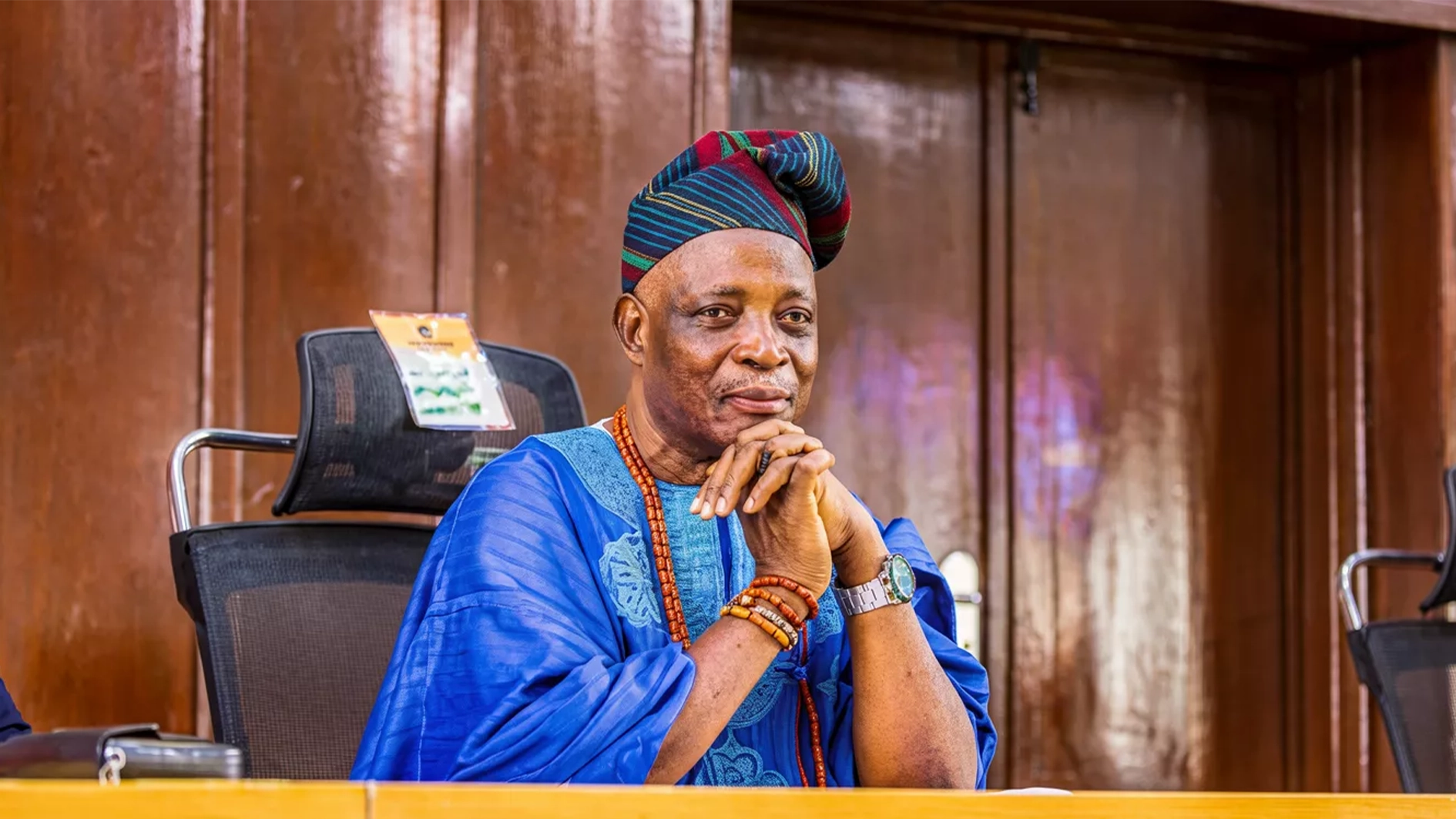To reform Nigeria’s justice system for children, the Federal Government, in collaboration with UNICEF, on Tuesday launched two strategic instruments aimed at addressing long-standing disparities in legal protection and representation for children.
The instruments—Prosecution Guidelines for Handling Cases Involving Children (2024) and the Legal Aid Guidelines for Children in Conflict/Contact with the Law and Child Victims (2024)—aim to improve access to justice by promoting child-sensitive practices, including non-custodial measures such as diversion, restorative justice, and community-based interventions.
They also seek to ensure prompt, quality legal representation for children, while holding offenders accountable through effective sanctions.
Together, these national frameworks represent a significant advance towards creating a rights-based, compassionate, and rehabilitative justice system for children across Nigeria.
Speaking at the unveiling ceremony in Abuja, the Attorney-General of the Federation and Minister of Justice, Prince Lateef Fagbemi (SAN), described the guidelines as a bold initiative to protect the rights and dignity of children who come into contact with the justice system, whether as offenders, victims, or witnesses.
“These guidelines are a foundation for justice that treats every Nigerian child with fairness, compassion, and dignity,” Fagbemi said.
“Our objective must not be to shelve these documents after launch but to fully operationalise them through training, funding, and institutional support.”
The Attorney-General noted that the move aligns with Nigeria’s obligations under international conventions, including the UN Convention on the Rights of the Child, and reflects the spirit of the Child Rights Act, which was domesticated in 2003.
According to Fagbemi, the Prosecution Guidelines provide ethical and procedural standards that encourage discretion and rehabilitation over punitive responses, while the Legal Aid Guidelines are designed to guarantee access to justice for all children, particularly the most vulnerable.
In his remarks, Mr. Ibrahim Sesay, UNICEF’s Chief of Child Protection in Nigeria, highlighted the urgent need for reform.
He cited recent findings showing that 78 per cent of children in conflict with the law lack legal representation, and fewer than five per cent of child survivors of sexual violence have access to any form of justice service.
“These guidelines are not being introduced into a vacuum,” Sesay said. “They are a strategic intervention in a justice system still struggling with punitive legacies, weak capacity, and harmful practices such as detaining children with adults.”
He stressed that full implementation will require coordinated efforts. He recommended four key actions: nationwide adoption and harmonisation of the guidelines, dedicated training for justice actors, a robust monitoring and evaluation system, and a public awareness campaign using child-friendly materials.
“This is not just a legal imperative,” Sesay concluded, “it is a moral obligation and an investment in Nigeria’s future.”
Additionally, in a goodwill message delivered by representatives of the Legal Aid Council of Nigeria and the National Agency for the Prohibition of Trafficking in Persons (NAPTIP), both organisations pledged to integrate the new frameworks into their respective mandates.
NAPTIP Director-General, Binta Bello, described the guidelines as “an additional tool” for strengthening the protection of child trafficking victims, while the Director-General of the Legal Aid Council, Mr. Aliyu Bagudu Abubakar, called for widespread sensitisation to ensure that children across Nigeria benefit from the new standards.
The Executive Secretary of the National Human Rights Commission (NHRC), Dr. Tony Ojukwu, SAN, said, “These guidelines are not just administrative documents; they represent a reaffirmation of our collective duty to protect the most vulnerable members of our society,” he said.
“Children in contact with the law, whether as victims, witnesses, or offenders, are often trapped in a system never designed with their unique vulnerabilities in mind.”
Other Stakeholders who spoke agreed that the unveiling marks a turning point in Nigeria’s journey toward a more inclusive, child-centred justice system, particularly the one that moves from rhetoric to meaningful reform.






